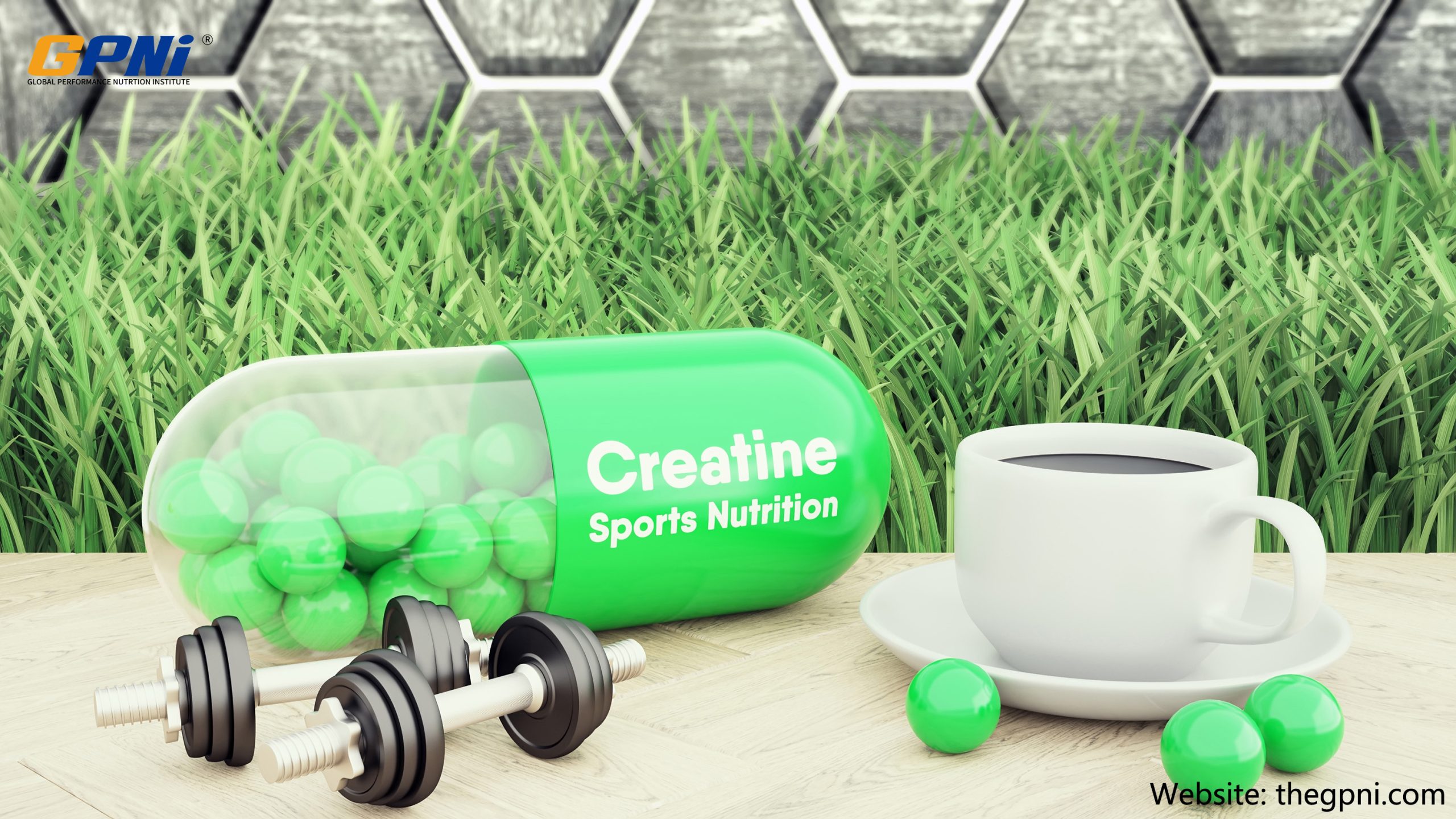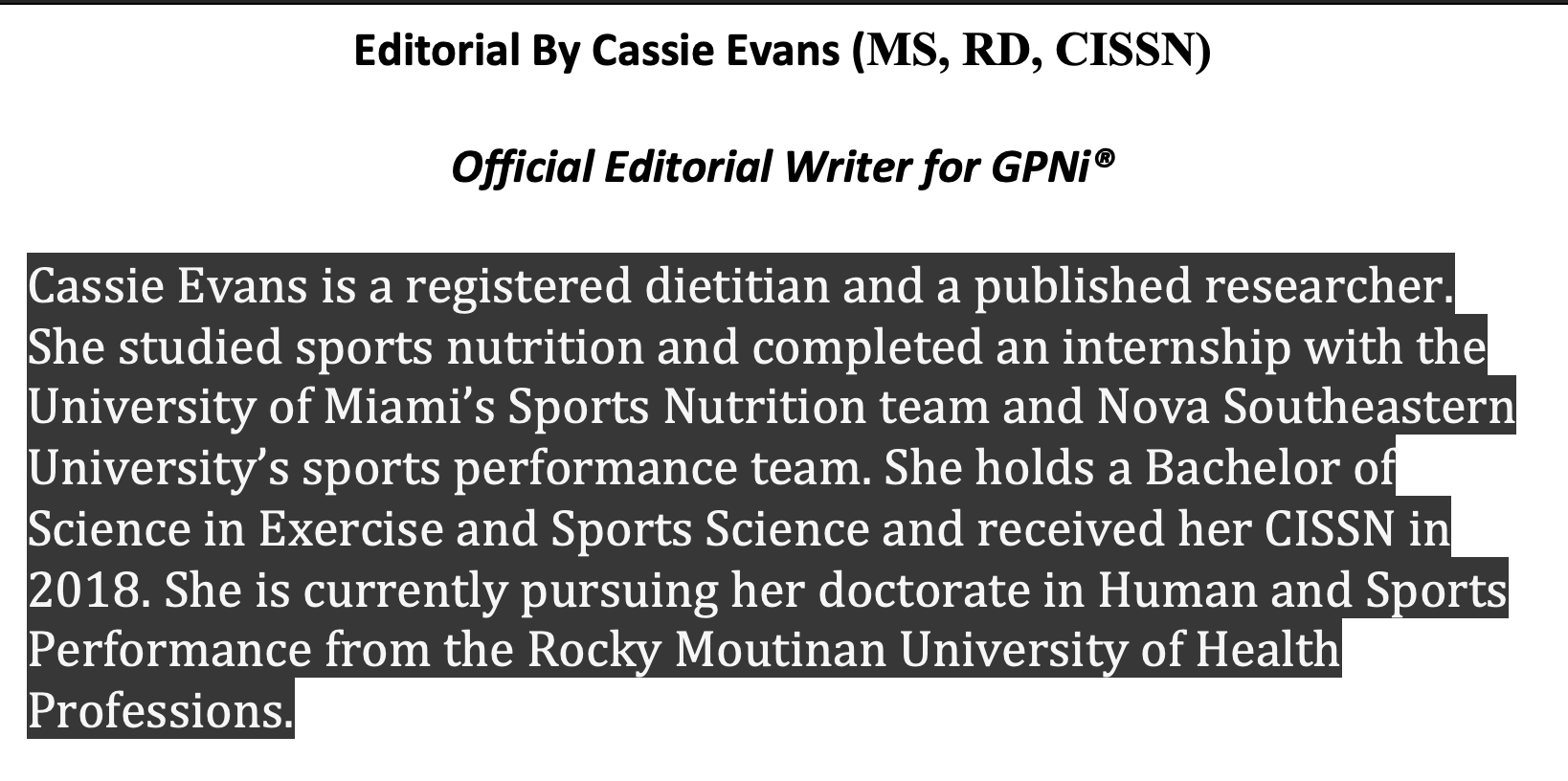Editorial By Cassie Evans

The obsession with supplements is growing exponentially. Some people are huge fans of supplements while others adamantly insist on a food first approach. In theory a food first approach may seem appealing, it is not always feasible, especially in the world of sports performance. Supplementation can be a safe way to improve athletic performance or help an athlete prevent deficiencies. It can be challenging to figure out what is worth buying and what supplement is right for you. Supplementation regimens should be based on the individual’s needs, goals and current lifestyle. However, there are a few supplements that should be a staple in any athlete’s, professional or recreational, cabinet.
Protein
Protein is critical in building muscle mass and muscle recovery. Protein has other roles in the body including immune function and hormone function. Physically active individuals expend more energy than the general population. This increase in activity level means their bodies need a protein intake that is higher than the general recommendation (0.8 g/kg) in order to recover from intense physical activity. The International Society of Sports Nutrition recommends that athletes or those engaged in regularly physically activity should consume at least 1.2 g/kg/day. Consuming enough food to meet the protein requirements may be difficult for some. Protein supplements are a great way to help athletes reach with dietary protein goals without drastically increasing the volume of food consumed. The most common protein supplements are protein powders. These can easily be mixed with water, milk or mixed into a smoothie. Ready-to-drink (RTDs) protein supplements are perfect for those on-the-go.
Creatine
Creatine is one of the most well researched and effective supplements. Creatine is stored in the muscles and helps produce energy. Creatine benefits include increased strength, lean body mass, and enhanced fatigue resistance. The recommended dose for creatine supplementation ranges from 0.03-0.8 g/kg/day. Consuming adequate amounts of creatine dietary sources only can be difficult making supplementation ideal. Creatine comes various forms and creatine monohydrate is the most common. Long-term supplementation is safe and can aid in performance goals and support health.

Fish Oil
Fish oils contain the omega-3 fatty acids docosahexaenoic acid (DHA) and eicosapantaenoic acid (EPA). Omega-3 fatty acids are known for their anti-inflammatory properties. Oxidative stress occurs when we exercise. Although low levels of oxidative stress is necessary, chronically, it can lead to inflammation and tax the body. Minimizing chronic inflammation in physical activity is important for recovery and performance. DHA and EPA, in supplemental form is essential because dietary intake alone is often insufficient and lowers exposure to mercury contamination. The daily limit set by the FDA for supplementation is no more than 3,000 mg/day.
Vitamin D
Adequate vitamin D intake is vital for bone health. It aids in calcium absorption and is often recommended for athletes with a history of stress fractures. Vitamin D plays other important roles in skeletal muscle growth, immune function, inflammatory modulation. Even suboptimal vitamin D status is associated with a higher risk of upper respiratory infection, inflammatory injury, stress fracture, muscle pain/weakness and suboptimal muscle performance. Consuming foods rich in vitamin D is not considered a reliable way to prevent deficiencies. Vitamin D can be obtained from sunlight, however, it may not be sufficient to maintain vitamin D status. Regular vitamin D supplementation (1,500-2,000 IU/day), or a combination of dietary intake, sun exposure and supplementation can maintain vitamin D status.
Editorial By Cassie Evans (MS, RD, CISSN)









